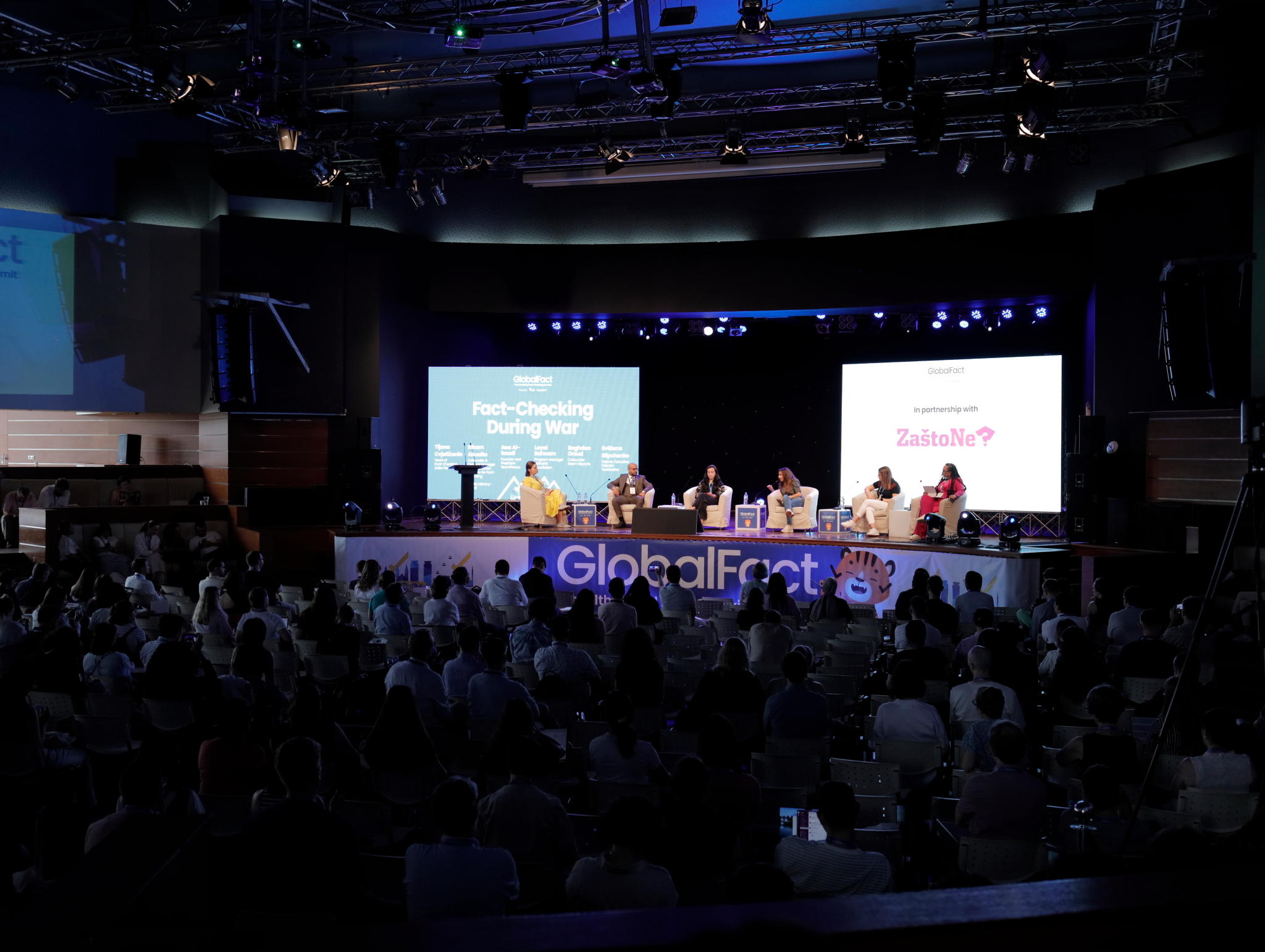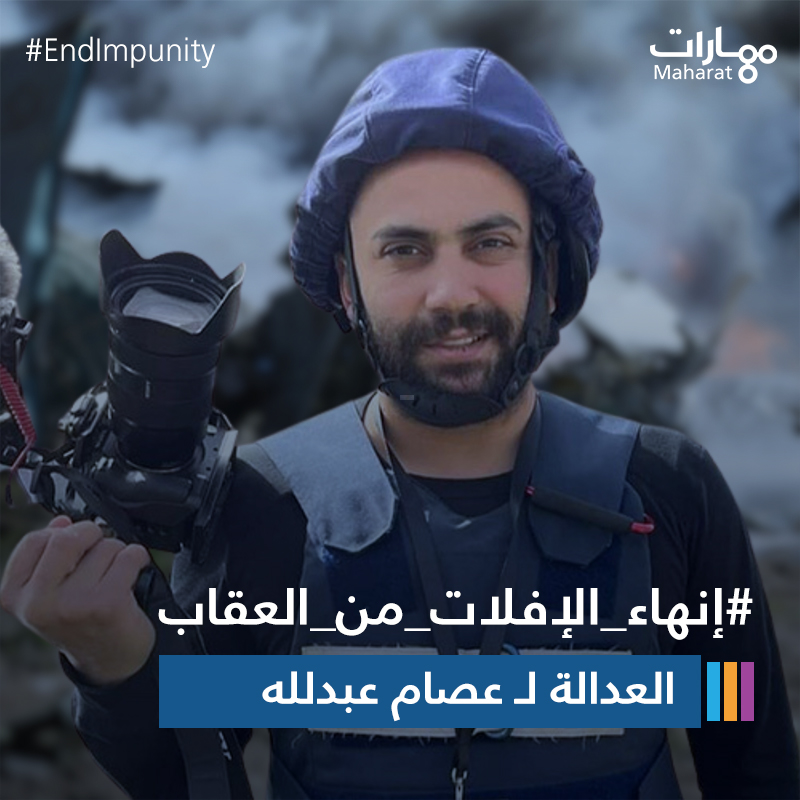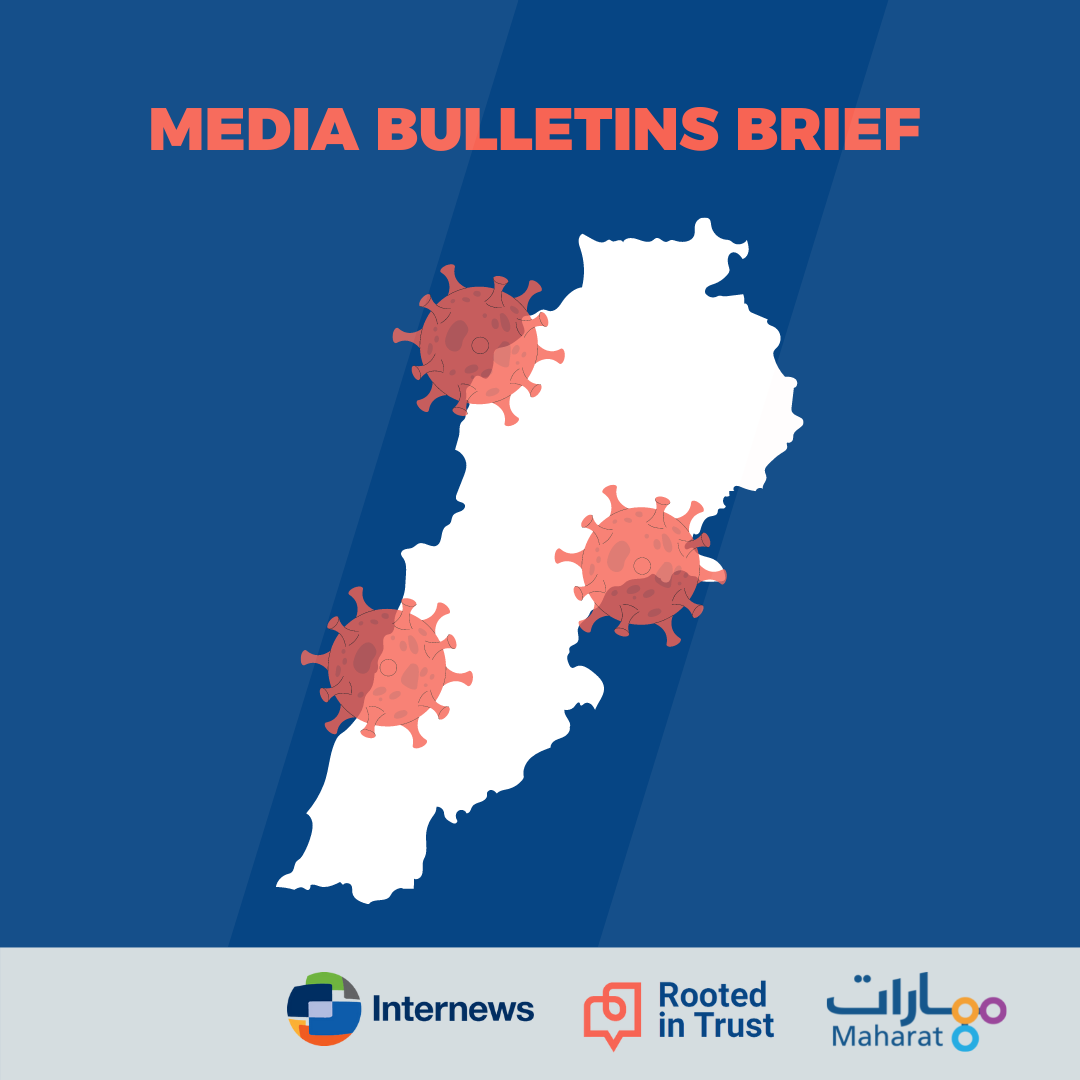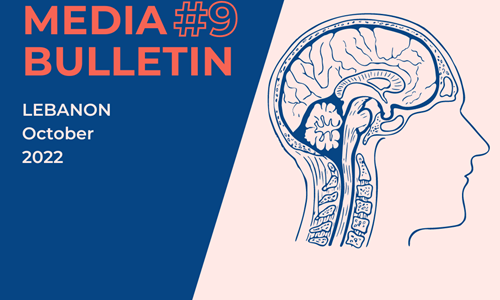
Maharat Foundation at Global Fact 11 Bringing MENA Perspectives to the International Factchecking Debate
Maharat Foundation participated in the International Factchecking Networks’ (IFCN) Global Fact 11 Annual Conference in Sarajevo, Bosnia and Herzingova. Maharat’s program manager Layal Bahnam spoke in a panel on the first day of the conference 26 June entitled “Factchecking During War”. This panel brought together fact-checkers who have experienced working in conflict zones and other high-risk environments including Riham Abuaita from Palestine, Aws Al Saadi from Iraq, Svitlana Slipchenko from Ukraine, Raghdan Orsud from Sudan and Layal Bahnam from Lebanon. Bahnam discussed the necessity for Fact-checkers’ to continue to play their watchdog roles even as they debunk wartime mis- and disinformation, as during wartime, governments may try to keep the public’s focus on the conflict, allowing them to quietly escape scrutiny in other policy areas. Bahnam also warned about the impact of disinformation and propaganda in the political discourses that lead to incitement and hate. The panel highlighted the dedication of fact-checkers who uncover the truth and promote transparency in the most challenging circumstances.
Maharat also participated in another panel on the third day of the conference, mainly focusing on "Fact-Checking in Crisis: MENA Perspectives”. In this panel, MENA fact-checking organizations in Egypt, Iraq, Lebanon, Palestine, and Syria talked about challenges, mental health, and moving forward in combating misinformation amidst political turmoil and conflicts.
Furthermore, the International Fact-Checking Network issued ‘Sarajevo statement’ on freedom of expression and fact-checking. The world’s fact checkers affirmed that factchecking is essential to free speech because it requires openness, transparency and preservation of information. They also affirmed that fact-checking adds to public debate; it doesn’t censor it. The statement, coordinated by the International Fact-Checking Network (IFCN) at the Poynter Institute, was supported by 130 fact-checking organizations in 80 countries around the world. The organizations, including Maharat Foundation, are all signatories to the IFCN Code of Principles, which affirms high standards for accuracy, nonpartisanship and transparency in fact-checking journalism.
The statement addresses growing concerns over escalating attacks on fact-checkers and the fact-checking community globally. In recent years, fact-checkers have faced increasing hostility, including online threats, legal challenges and targeted harassment. Moreover the statement reiterates that “it is time to restate our longstanding commitment to access to information and freedom of expression, for all people and across borders.” It concludes that the public has a need for accurate information in order to make decisions about their governments, their economies, their health and all aspects of their lives. Fact-checking is a key part of giving the public accurate information and improving information ecosystems.





